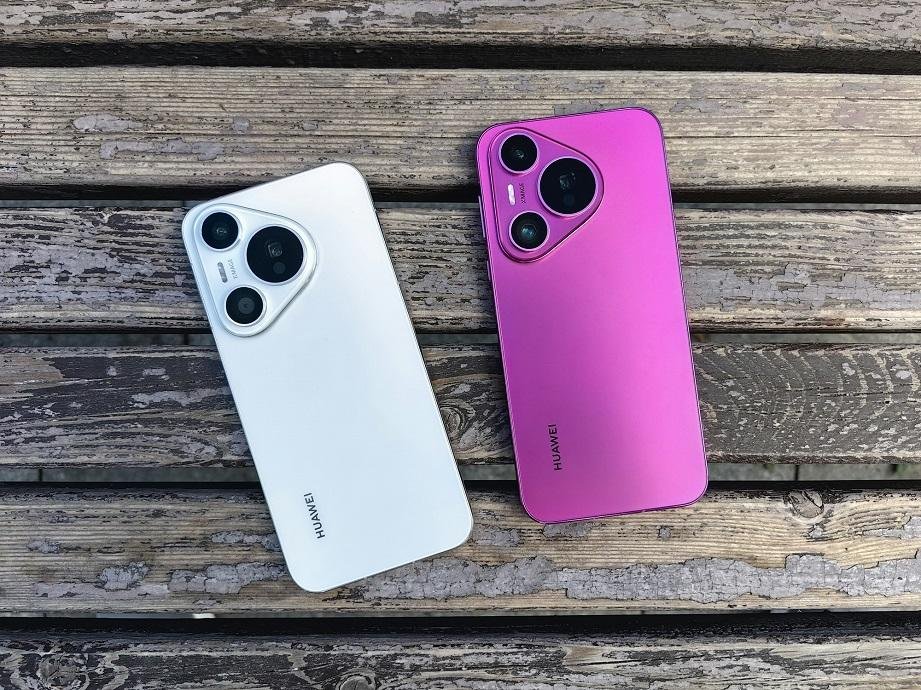The launch of the iPhone 16e, which costs $599 and is equipped with artificial intelligence, came in the same week that Chinese rival Huawei rolled out its flagship trifold phone in a rare overseas launch event. Apple’s iPhone 16 starts at $799.
Analysts said the mid-range pricing strategy and earlier-than-expected release reflect Apple’s effort to boost adoption in lower-end markets. The new handset replaces the SE series and is Apple’s first lower-price model since 2022.
“The 16e is a big step up from the SE and aligns more closely with market demand in that upper mid-end segment but China is hyper-competitive, especially in that price range,” Archie Zhang, a senior analyst at Counterpoint Research, a market analysis firm, told CNN.
In China, Apple’s second-largest market, homegrown giant Huawei has made a stunning comeback after being pummeled by American sanctions since 2019. According to data from Canalys, a market research firm, Huawei overtook the Cupertino-based tech giant last year with a 16% market share, compared to Apple’s 15%. In 2023, Apple was comfortably ahead with a 19% market share, compared to Huawei’s 12%.
Last year, the iPhone maker introduced its Apple Intelligence, which has so far released its AI service to limited English-speaking markets, including the US, UK, Canada, and Australia. Chinese tech giant Alibaba said last week that Apple had chosen to work with it in rolling out its AI features in China, though the release date remains unclear.
Besides the slow rollout of AI features and fierce competition from Chinese brands like Oppo, Huawei and Vivo, which often offer higher specs at lower prices, Apple also faces challenges like greater patriotism among Chinese consumers, according to Lori Chang, a senior analyst at market research company Isaiah Research.
Globally, Apple is increasingly facing an uphill battle in luring new customers. Its smartphone sales have declined since peaking in 2022, and its global shipment share has fallen from 19.3% in 2023 to 18.2% last year, according to Counterpoint Research.
Huawei’s flashy comeback
On Tuesday, Huawei released its trifold smartphone, the Mate XT, in the Malaysian capital, marking one of its largest overseas smartphone launches since it was hit by export restrictions imposed by US President Donald Trump during his first term in 2019.
“The significance of XT’s overseas launch is to show how far we could go,” a Huawei spokeswoman told CNN.
The world’s first commercial trifold phone, which folds around two hinges and expands like a tablet, was first launched at home in China in September, just hours after Apple introduced its iPhone 16. But its steep price tag, at $3,673 outside China, positions it as a luxury device.
Huawei’s high profile outside China has symbolic importance as it’s another sign of its revival. However, its overseas phone sales are unlikely to skyrocket shortly, as it relies on a domestic chipmaker for advanced semiconductors, which has struggled to boost production under US restrictions, Chang added.
In 2018, before the ban, Huawei sold nearly half of its smartphones outside of China. But its global phone sales plunged after Trump choked off its access to critical technologies like semiconductor chips in 2019. Its global smartphone shipment share stood at just 4.1% last year.
“In the next two years, Huawei will likely focus on strengthening its market position domestically as it works to stabilize the output in chip production to ensure sufficient smartphone production before they can scale further,” Chang said.














